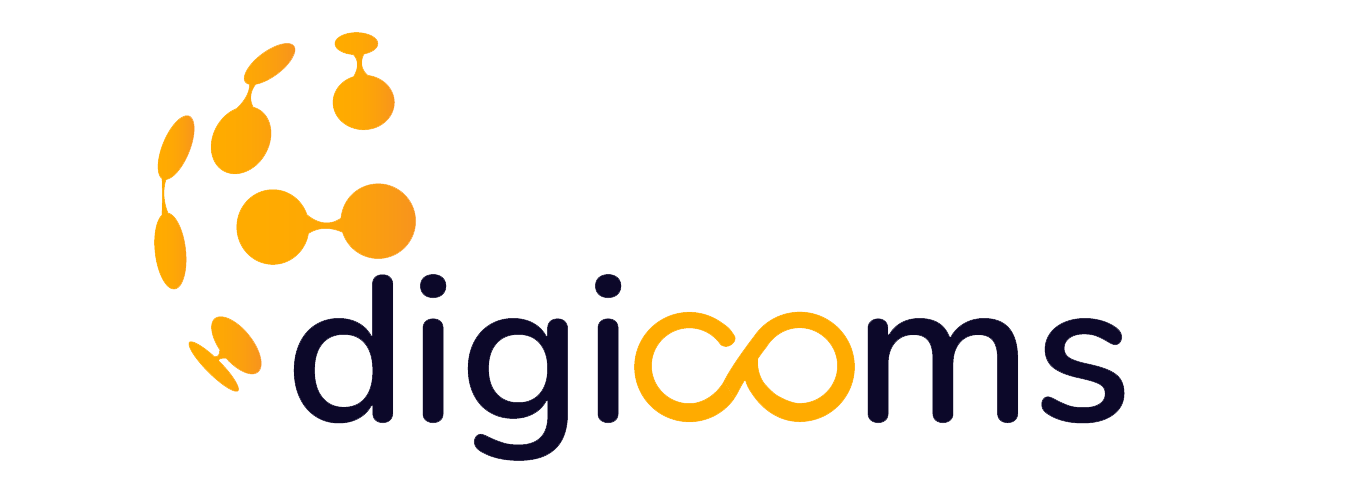What is a Content Management System?
Definition
Breaking it down, a content management system- or CMS, for short- is a system for managing content. Technically speaking, it is a computer software platform that primarily enables the creation & editing of information. Furthermore, it gives its users a space that allows them to inform, archive, collaborate, publish & distribute. Content management systems are normally used for enterprise content management (ECM) & web content management (WCM), making CMS services quite popular for businesses & brands. While CSMs may work best with structured content, for example documents or database records, they may be used to manage content like video & audio files as well.
Normally, the system has two major components: a content management application (CMA) & a content delivery application (CDA). The former is a front-end user interface which enables the user to add, alter & remove content from a website without any external intervention; whereas the latter compiles content & updates the website.
One of the most popular & well-known CMS platforms is WordPress, which is used by 38% of all websites.
Common Elements
Generally, the main features of a content managing system include indexing, the search & retrieval of data, format management, & revision control. Other elements may vary depending on the system application involved, but commonly consist of:
- Cataloging all the information for easy access through search functions, & enabling users to search by attributes like the keywords or author name.
- Facilitating the transition of scanned paper & legacy electronic documents into HTML &/or PDF files.
- Allowing the updating & editing of content after its original publication.
- Tracking any & every alteration made to files by individuals.
- Enabling individuals to use a template or a set thereof approved by the organisation, in addition to wizards & other tools for the creation or editing of content.
The advantages of using a CMS- wait, no, we mean of opting for CMS services don’t end here. Some more characteristic elements of most content management system platforms include the following:
- Integrated & online help
- Easy wizard-based install & versioning procedures
- Group-based permission systems
- Content hierarchy with unlimited depth & size
- Customisable templates
- Complete template support
- Admin panel with multiple language support
- Minimal server requirements
- Integrated file managers & audit logs
Types of Content Management Systems
One of the types of CMS is the digital asset management system, which manages content with clearly defined author or ownership. They can be used to store, control, revise& publish documentation.
The other type is the component content management systems, or CCMS for short. CMSs manage content at a modular level, instead of as pages or articles. They are typically used in technical communication where many publications tend to reuse the same content.
The Importance of a Content Management System
- A CMS can help you work more efficiently. It helps website owners design & build webpages in half the time it does to build them from the ground up with any other platform. Plus, it expands the ability to maintain & upgrade your website, as it enables you to concentrate on particular areas of your website to improve.
- It can improve the SEO ranking for your website, as it makes use of SEO-friendly URLs. There are many a CMS that will enable the user to optimise the title, content depth, meta descriptions, keywords & add call to actions- all in a single text field without requiring an install of extra plugins or tools to the site. Furthermore, intuitive content management system platforms can add paragraph tags, make links clickable,75 suggest optimal SEO practices to the user. What’s more is that you will be able to optimise for the three major SEO elements; i.e. on-page & off-page SEO, & content marketing.
- When it comes to designing & building of the webpages, CMS services can help bind the look together, so that your website looks professional & well-organised. Consistency is key, & the CMS platform ensures that the entire design is constant. It offers a variety of templates to choose from, so as to maintain uniformity in the way it looks.
- The many helpful features offered by the content management system allows for enhanced utility, not only because it takes off some of the workload from web developing but also because the plugins that are specifically designed for CMS platforms to achieve more in a lesser amount of time.
- Opting for CMS services ensures better functionality with the help of specific functions, such as SEO, social media & email marketing, & lead generation & management
